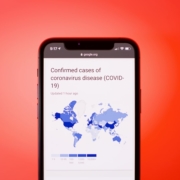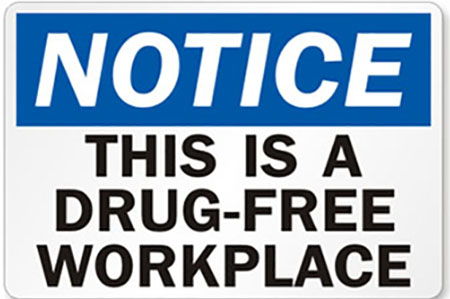Recently, the Miami Herald wrote about a case against the Orlando location of Giordano’s Pizza that was brought on by the U.S. Department of Labor. The restaurant’s owners were accused of not paying their employees properly and was ordered to pay each worker $5,000, for a total fine of $125,625.
For a restaurant or any business, that is a significant fine that could result in the restaurant going out of business.
In that case, the Department of Labor accused the company of not paying its servers time and a half for overtime hours and of paying its servers exclusively in cash.
Both of these should be fairly standard for any businesses using tipped employees to do so, but on September 30, 2023, the numbers associated with tips and pay changed. It is important for you to review your payroll standards and ensure your business is complying.
The attorneys at The Orlando Law Group can help review your situation and ensure your business is following the often-confusing issues related to tipped employees.
How Tips Work
Anyone who dines at a restaurant understands the tips system for compensating restaurant employees. You pay more for your meal based on the quality of service you receive. In addition, it is assumed the cost of the meal is lower because the restaurant has lower labor costs.
But that 20 percent added onto the bill does not go to the server 100 percent. The server gives some to the bussers and the hostess. The bartender may get a portion and the kitchen staff may get paid out as well.
It can be confusing who is getting how much money and, often, nearly impossible to track. That is why the rules of tipping are set up to be based on a “tip credit” established by each state government.
Yes, there is a federal standard, but in many cases, states have higher minimum wages, which always supersede the federal standards and that is the case in Florida.
It is required that some of a server’s wages are not paid through tips exclusively. In Giordano’s case, the restaurant owners were found to have not paid 24 servers any pay except for their tips.
That is not allowed.
What is Florida’s tip credit?
This is where it gets a bit tricky. A few years ago, Florida voters passed a ballot initiative raising Florida’s minimum wage to $15 per hour. Understanding this would be hard on businesses, the new law allowed a gradual increase in the minimum wage until 2026.
The first increase was in 2021, and every year after, the minimum wage increases by $1 per hour. On September 30, 2023, the minimum wage in Florida became $12 per hour.
Of course, that is not the amount that employers are required to pay tipped workers. Florida law allows employers to take a “tip credit” of $3.02 per hour for any employee who receives tips.
That means restaurants and other tip-based industries must pay a minimum wage of $8.98 per hour, a dollar per hour higher than it was in September. And the next year it goes up another dollar, eventually resulting in a minimum wage for tipped employees of nearly $12 per hour!
What are the penalties for non-compliance?
Increasing expenses are always tough for any business, especially restaurants where the margins are always thin and food costs are extremely volatile. Just that one extra dollar per hour could be a tremendous burden for any business.
The alternative will be worse and you will almost always get caught.
Anyone who has worked in the restaurant industry understands employment is often very temporary and there are many opportunities for disgruntled former employees to cheerfully report any practice that does not meet the law.
Once the Department of Labor becomes involved you will have extra legal and accounting fees to prove your case or negotiate a settlement. Almost any fines imposed will include interest and penalties. Instead of paying an extra dollar an hour, you could be paying hundreds of thousands of dollars.
In Giordano’s case, there were only 24 employees at one location who were impacted and the company still had a six-figure fine. How many employees do you have? Is that a fine you could pay easily?
There is also very little defense. For instance, the Department of Labor said in the article Giordano’s blamed a third-party payroll company for a mistake. Unfortunately for the restaurant owner, the responsibility lies with them.
The attorneys at The Orlando Law Group can help you with wage cases like this, as our attorneys represent clients in the restaurant industry and other businesses in Orlando, Waterford Lakes, Altamonte Springs, Winter Garden, Lake Nona, St. Cloud, Kissimmee, and throughout Central Florida.
If you have questions about anything discussed in this article or other legal matters, give our office a call at 407-512-4394 or fill out our online contact form to schedule a consultation to discuss your case. We have an office conveniently located at 12301 Lake Underhill Rd, Suite 213, Orlando, FL 32828, as well as offices in Seminole, Osceola and West Orange counties to assist you.
The articles on this blog are for informative purposes only and are no substitute for legal advice or an attorney-client relationship. If you are seeking legal advice, please contact our law firm directly.




















